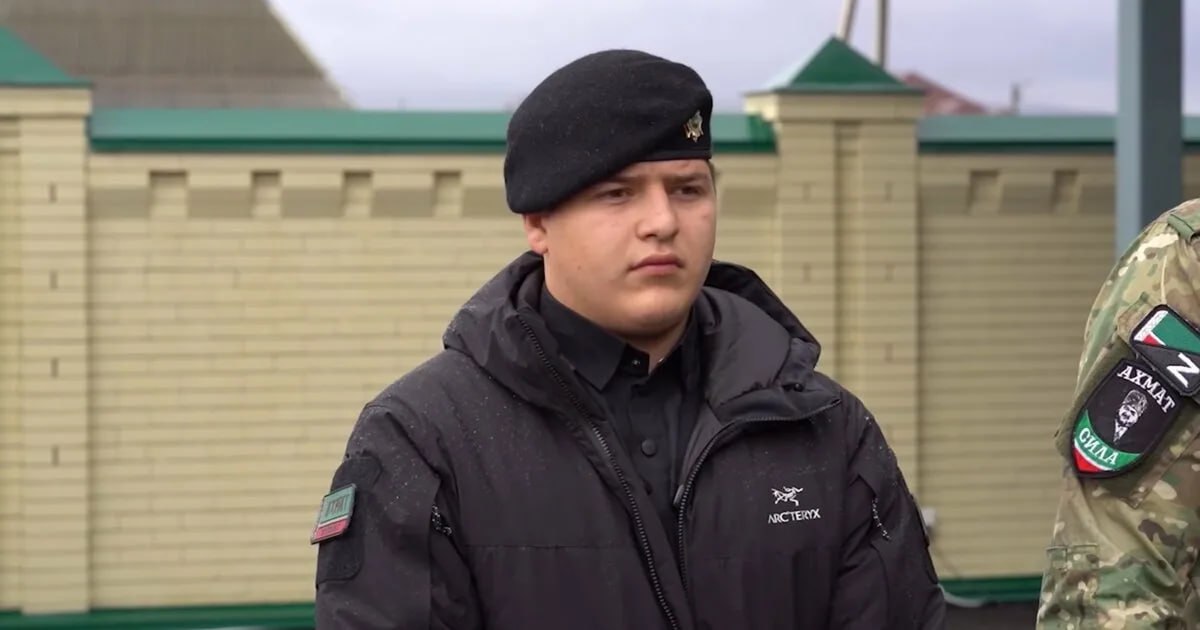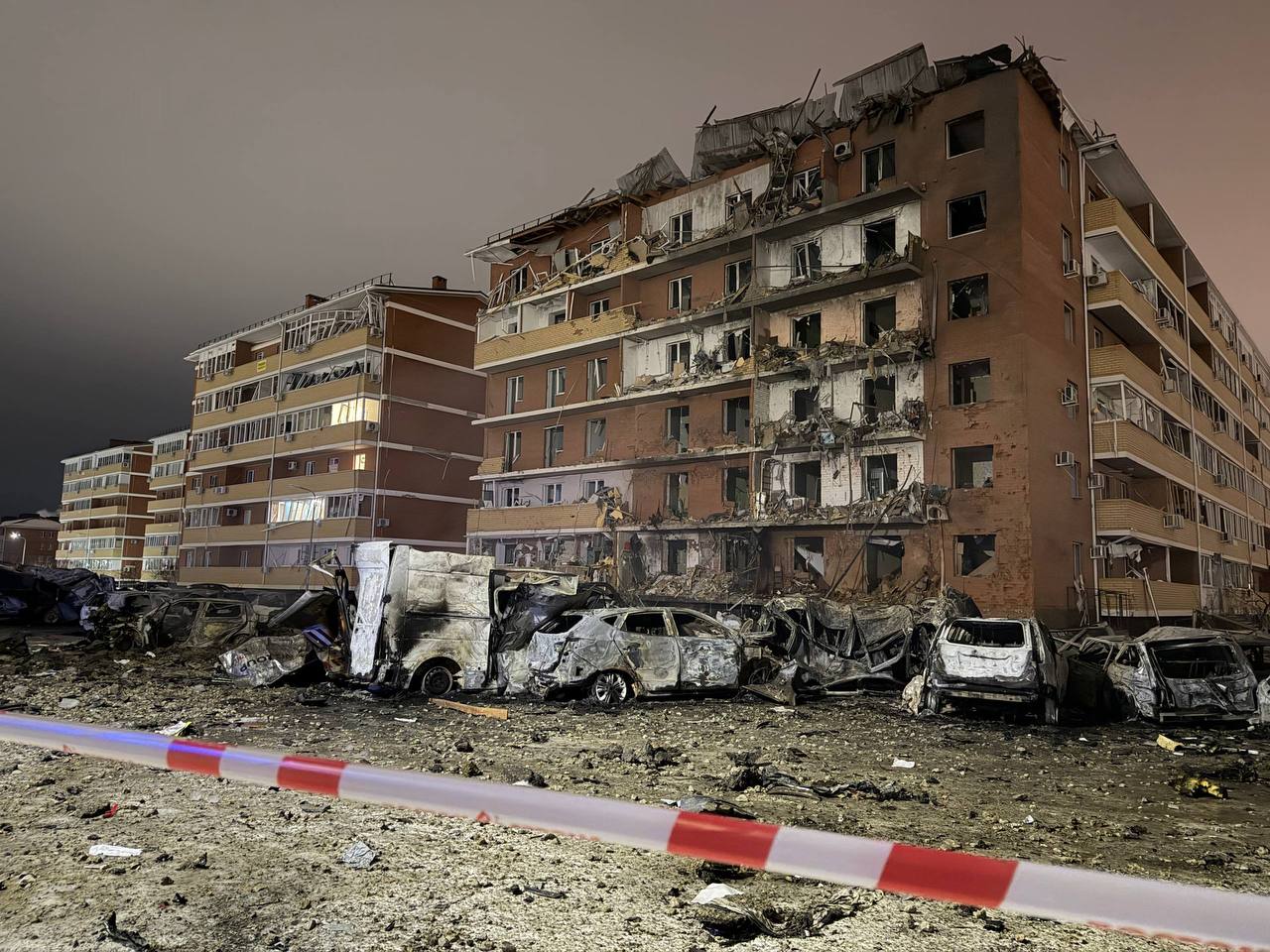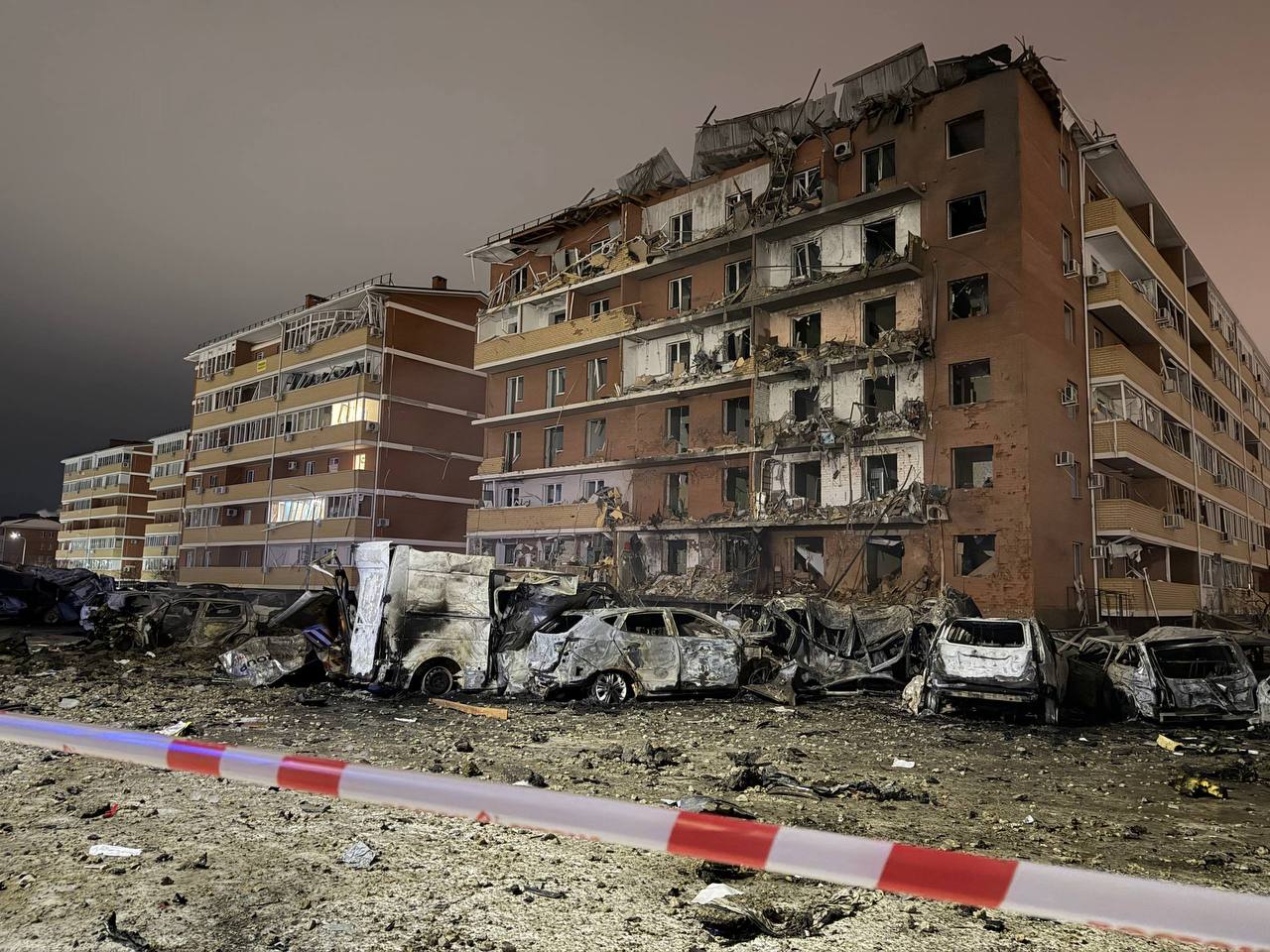The health of Adam Kadyrov, the son of Chechen leader Adam Kadyrov, who was injured in a traffic accident in Grozny, is improving, according to the Agency, citing sources close to the Russian presidential administration and the Chechen authorities.

In various regions of Russia, numerous cases of violation of the religious rights of Muslims serving sentences in correctional institutions have been recorded. Human rights activists note that restrictions are often accompanied by humiliation of human dignity, and complaints from prisoners do not lead to the restoration of their rights.
For example, in July 2025, information appeared on social networks about the cruel treatment of a native of Chechnya, Said-Akhmed Visangiriyev, in correctional colonies No. 3 and No. 6 in the Vladimir region. This information was shared by his brother, Said-Magomed Visangiriyev, who also contacted various authorities.
As "Civic Assistance" writes, reports of alleged arbitrariness did not lead to a change in the situation. Lawyers visited Said-Akhmed in IK-6, and he spoke about the torture and humiliation he was subjected to first in IK-6 and then in IK-3.
Visangiriyev, sentenced in Moscow in 2023 to 11 years in prison for robbery, was transferred to the Vladimir region, despite the right to serve his sentence in Chechnya. According to him, immediately upon arrival in IK-6, he faced infringement of the rights of Muslims. In IK-3, where he was transferred for examination, he was subjected to torture and humiliation by prisoners collaborating with the colony administration, and also faced inaction from FSIN employees. In particular, the convict reported beatings, forced to humiliatingly clean the toilet, and threats of sexual violence. The story, which aired on Vladimir television after the film crew's visit, was edited and did not contain his testimony about torture, according to Visangiriyev's lawyer.
Similar complaints are coming from other regions.
✅ Udmurtia, IK-1 — a convict was forbidden to use a prayer rug and a container for ablution when being transferred to a cell-type room (PKT), citing internal regulations. The prosecutor's office did not see any violations, stating that storing such items in SHIZO, PKT and EPKT cells is against the law. Another prisoner from the same institution refused to complain due to fear of negative consequences.
✅ Komi, IK-49 — when placing a convict in SHIZO, a prayer rug and a container for ablution were confiscated, also citing internal regulations.
✅ Bashkortostan, IK-3 — at the end of June 2025, a prisoner complained about the confiscation of his prayer rug and the ban on praying standing or sitting; he was forced to pray lying down.
✅ Altai Republic, IK-1 — in July 2025, a convict who arrived at the colony had his Koran and prayer rug confiscated; his rights have not yet been restored.
Human rights activists emphasize that the increasingly frequent cases concern Muslims and are systemic. Thus, we are talking about discrimination on religious grounds. Despite complaints to the prosecutor's office and appeals to the Federal Penitentiary Service, the situation rarely changes, and the religious needs of prisoners are often ignored.



